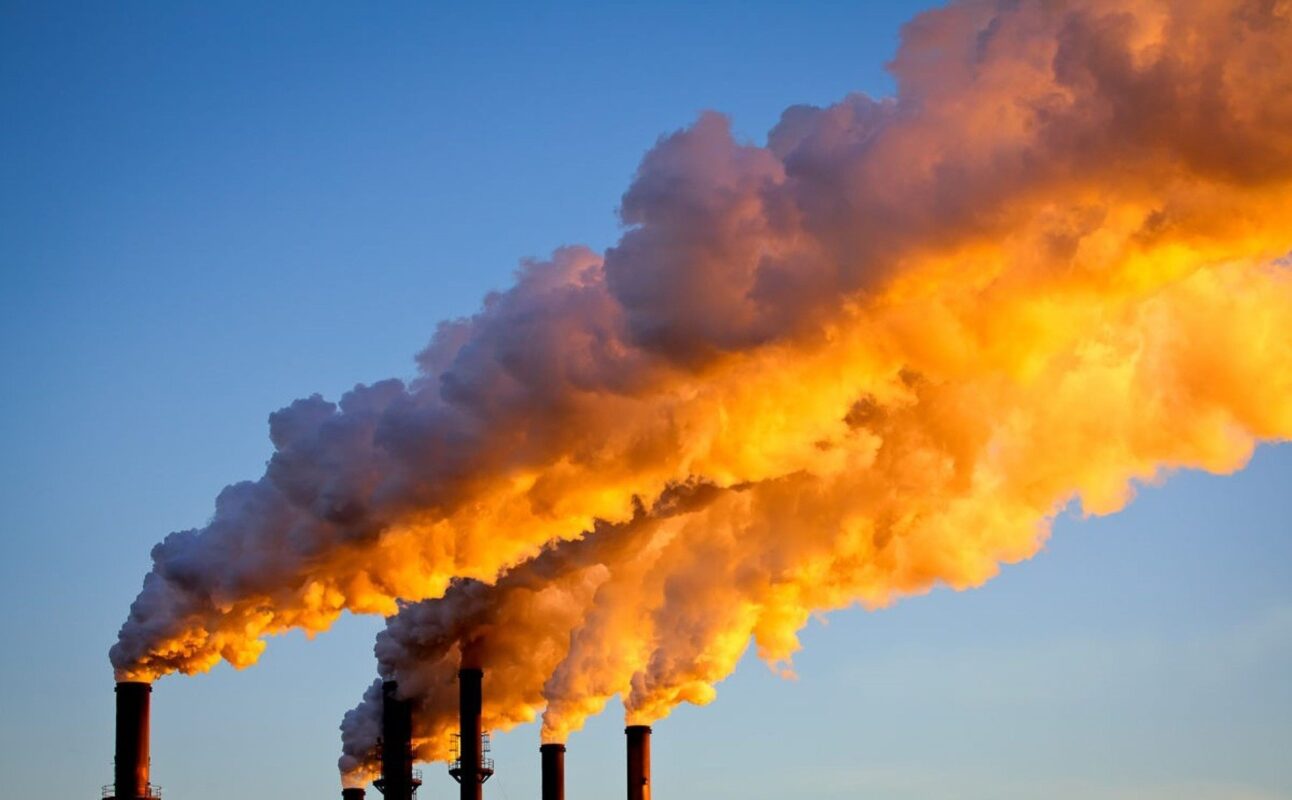
Blog
What Does an Environmental Consultant Do?

Today, it’s hard to find anyone who hasn’t heard of the SDGs, or Sustainable Development Goals. Both individuals and society as a whole are called to take action for the environment. It’s becoming increasingly important for businesses and governments to do their part as well.

But figuring out exactly what steps to take can be complicated, right? For businesses, especially, it can be challenging to understand where to start or what to focus on.
This is where environmental consultants come in. In this blog, we’ll dive into what environmental consultants do and how they can help guide businesses toward more sustainable practices.
What Is an Environmental Consultant?
An environmental consultant is a professional who provides expert advice on environmental issues to organizations. They work to ensure that companies comply with environmental regulations, minimize their negative impact on the environment, and adopt sustainable practices.
For example, there many laws and regulations for protecting the environment or supporting the SDGs. Companies need to comply with them, but it can be difficult to grasp and comprehend all of them. Then environmental consultants can provide the necessary guidance.
The role of an environmental consultant is diverse and can vary depending on the specific project or industry. Some consultants specialize in particular areas, such as air quality, waste management, or water conservation.
Key Responsibilities of an Environmental Consultant
Environmental consultants wear many hats depending on their clients’ needs. Their main responsibilities include:
1.Environmental Audits and Assessments
One of the most important tasks of an environmental consultant is conducting environmental audits and assessments. This involves evaluating a company’s operations to identify any practices that may violate environmental laws or contribute to environmental degradation.

The environmental impact differs depending on the type of business, whether it’s manufacturing cars, clothing, or food. Assessments help companies identify risks like harmful pollutant emissions or poor waste management practices, and offer recommendations on how to reduce these risks.
Auditors vary by country, industry, and certification body. Many organizations offer certification for environmental auditors, such as:
・ISO 14001 Environmental Management System Auditors
・Environmental Protection Agency (EPA) Auditors
・Private Sector Auditors
Many large companies employ or contract environmental auditors to ensure compliance with both legal and internal environmental policies.
In addition to regulatory compliance, these audits often include a review of the organization’s carbon footprint, water usage, and energy consumption. The consultant may then suggest ways to reduce these impacts, such as adopting renewable energy sources, improving waste management systems, or enhancing energy efficiency.
2. Compliance with Environmental Regulations
Environmental regulations can be complex and vary from one region to another. Companies must comply with these laws to avoid fines, legal issues, and damage to their reputation.
As a matter of fact, there have been cases where companies paid fines breaching environmental laws or regulations. An environmental consultant helps businesses stay up to date with the latest regulations and ensures that they comply with all local, state, and federal environmental laws.
For example, an environmental consultant might help a company obtain permits for waste disposal, emissions control, or construction projects that could impact protected ecosystems. They also guide companies on how to meet reporting requirements, such as the disclosure of greenhouse gas emissions or hazardous material handling.

3. Sustainability Planning and Strategy
Many companies are now recognizing the importance of sustainability, not just as a regulatory requirement, but as a business strategy that can attract consumers and investors. Environmental consultants play a key role in helping businesses develop long-term sustainability plans.
Specifically, those strategies include;
・Carbon Reduction
・Circular Economy Model
・Sustainable Supply Chain Management
・Water Conservation
・Waste-to-Energy Initiative
・Employee Engagement in Sustainability
・Biodiversity Preservation
Consultants may also help businesses explore opportunities for renewable energy, such as installing solar panels or switching to energy-efficient lighting systems. In doing so, they help companies not only reduce their environmental impact but also save money in the long run by lowering energy costs and improving operational efficiency.

Skills and Qualifications of an Environmental Consultant
Individual environmental consultant needs a combination of technical expertise, problem-solving skills, and a strong understanding of environmental laws and regulations. There are some key skills and qualifications include:
- Educational Background: Most environmental consultants hold degrees in environmental science, engineering, chemistry, or related fields. Bachelor and Master are needed for some certification.
- Regulatory Knowledge: A thorough understanding of environmental laws, both at the local and national levels, is crucial for ensuring compliance and providing accurate advice to clients.
- Analytical Skills: Environmental consultants must be able to analyze complex data, such as pollution levels or energy consumption, and use this information to develop effective solutions.
- Problem-Solving Ability: Environmental challenges are often complex and require creative solutions. Consultants must be able to think critically and develop innovative approaches to environmental management and sustainability.
- Certifications For Environmental Consultant
・Certified Safety Professional (CSP)
・Associated Safety Professional (ASP)
・Certified Industrial Hygienist (CIH)
・Certified Hazardous Materials Manager (CHMM)
・Certified Professional Environmental Auditor (CPEA)
The Growing Demand for Environmental Consultants
As businesses and governments become more aware of their environmental responsibilities, and as attention to the SDGs and environmental conservation grows, the demand for environmental consultants continues to rise.
Global environmental regulations are becoming stricter. For example, the European Union’s Green Deal and the U.S. Environmental Protection Agency’s (EPA) tightening of pollution and emission standards require businesses to meet specific environmental criteria. In 2021 alone, the EPA issued over 2,000 enforcement actions against companies for non-compliance.
For example, EPA committed to increasing the percentage of onsite inspections in EJ communities from 30% to 55% by FY 2026. For those reasons, the demand for environmental consultants is expected to continue growing.

Conclusion
The SDGs are a significant concern for companies today. However, as the regulations become stricter, it’s essential to ensure compliance with environmental laws. Sharing information about these restrictions is crucial in this context.
On the flip side, addressing these environmental challenges allows individuals and companies to showcase their strengths. This presents a valuable opportunity. By contributing to a cleaner environment, we can support organizations that run projects aimed at environmental benefits and obtain carbon credits in the process. If you need any assistance, we are here to help. At Carbon Da Capo, we are committed to doing our best to support you!
